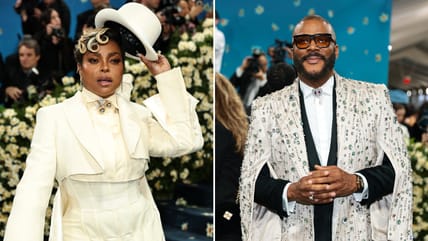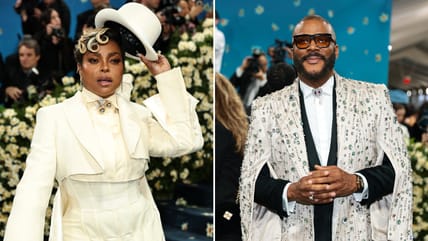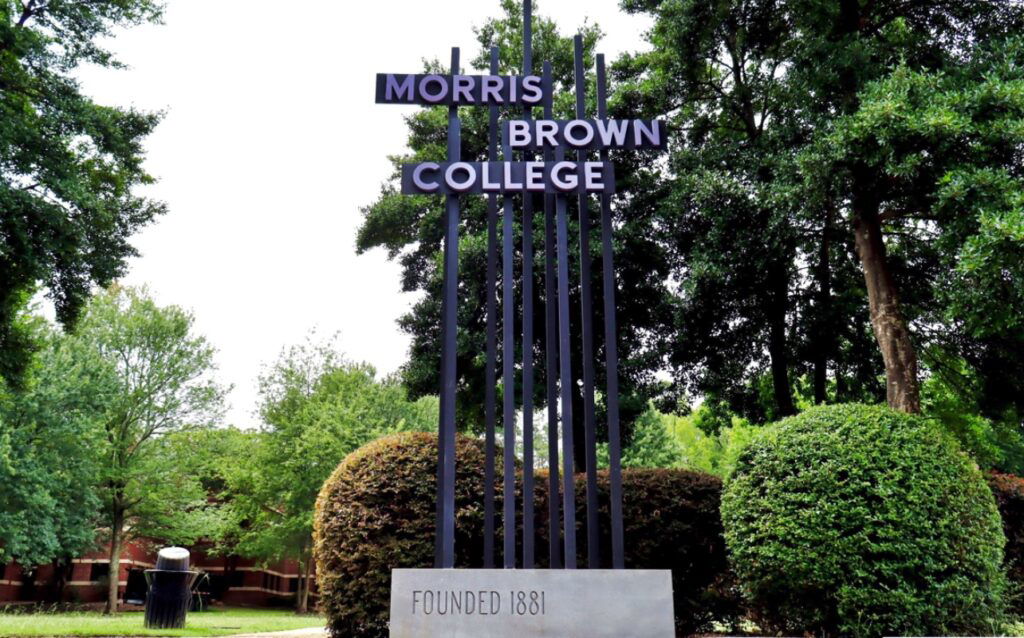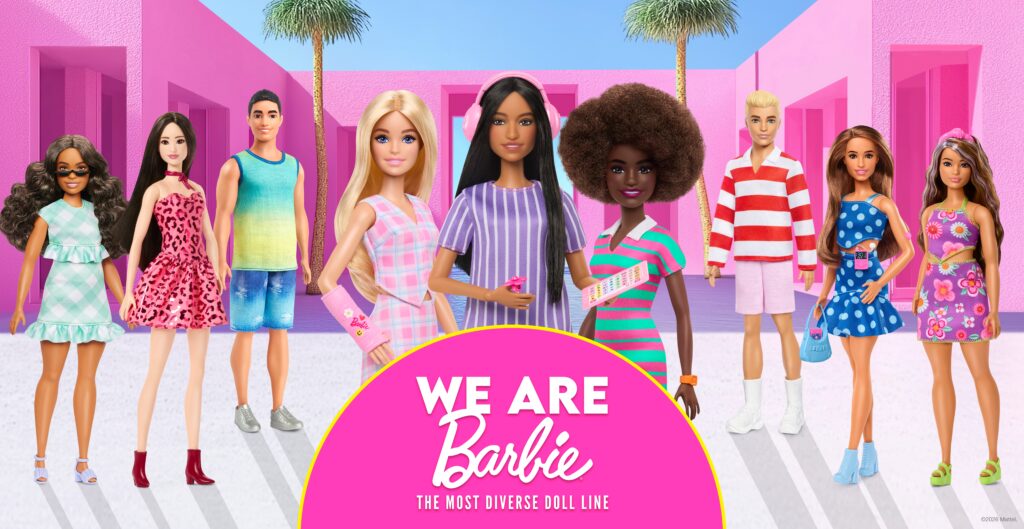In his latest film “Duplicity,” Tyler Perry dives into complex terrain—confronting controversial issues, testing bonds of friendship, and exposing hidden motives. Known for his emotional storytelling, Perry takes audiences on a journey that’s not only thrilling but also socially resonant.
“Watching people hijack the narrative of these movements…you’ll find that there’s some sort of nefarious thing going on for one side or another,” Perry explains. “Rather than the understanding of that, there’s a problem here that needs to be addressed.” With Duplicity, he confronts the real danger of polarization and avoidance, stressing, “If we keep running to either side of it and not dealing with it, it’s gonna keep happening.”
Perry’s storytelling has long been rooted in powerful emotional arcs, especially those centered on women. “I was raised by my mother and aunts and watched them go through all kinds of things,” he says. “The range of emotion that a woman will express and can express freely is very, very powerful.” He finds it “very freeing” to explore those emotional depths in his writing. By contrast, he admits, “Men are more challenging for me because of the restriction of emotion.”
The drama in “Duplicity” doesn’t just unfold through emotion but also through suspense and betrayal. “It’s about some friends who you think really care about each other, but everyone seems to be out for themselves,” Perry reveals. “There’s some betrayals that happen that can be quite jarring.” But ultimately, these twists and turns are intentional: “That’s a lot of what my audience wants to see.”






